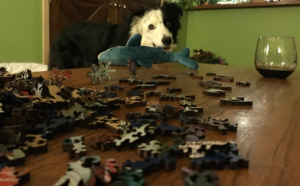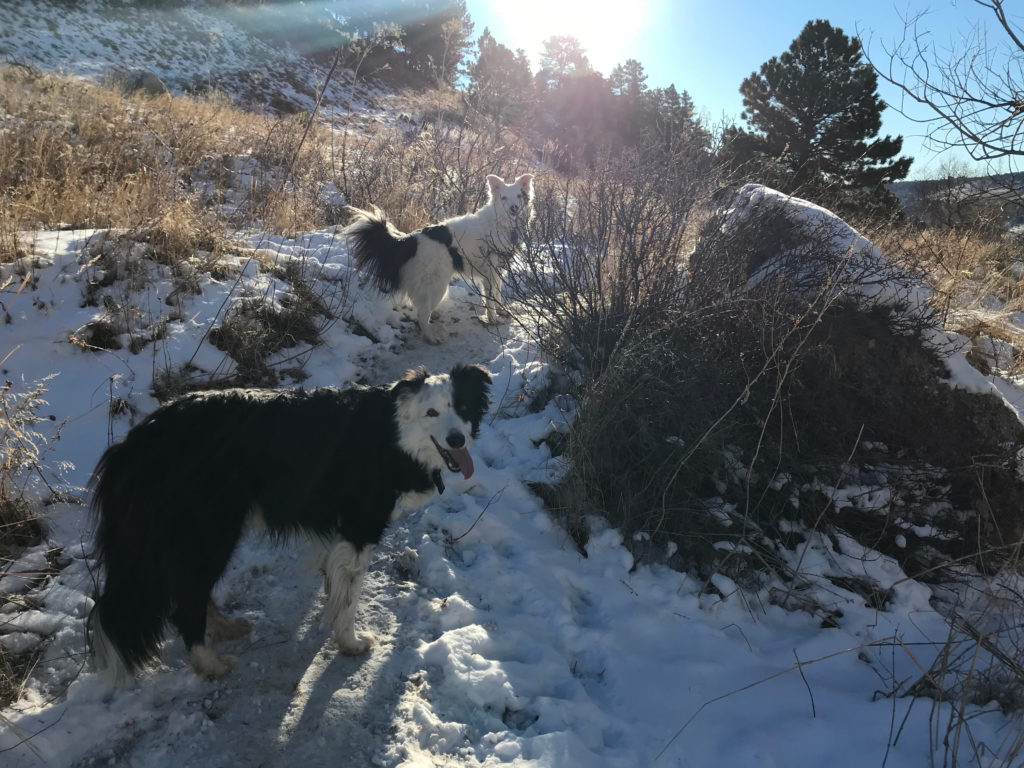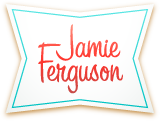Another year begins, with grand plans!
I’ve never been the kind of person to set goals at the start of the new year. I’ve always felt that any goals I set should be set when I think of them, not be tied to the calendar. This is also why I haven’t yet participated in National Novel Writing Month (NaNoWriMo, which is every November). I figure I should treat every month like it’s a novel-writing month. Not that I do, of course. And many, many authors have written wonderful books during NaNoWriMo that they might never have finished otherwise. I just have this stubbornness about following rules that say when you should do something.
And yet, I’ve come to really enjoy setting writing and publishing goals at the beginning of each year. 🙂
These don’t count as setting new year’s goals, of course. They’re really more like new year’s guidelines. Every single year I’ve done this I’ve ended up completely changing my plans, and have been happy with the results. For example, I set goals at the start of 2016, but I didn’t realize that I’d meet the founder of BundleRabbit right before that platform was launched, and I subsequently ended up using BundleRabbit to put together several short story collections that year. All of that was totally not part of the plan! Something similar has happened every year I’ve set goals, and at this point I just expect that there will be multiple major course corrections throughout each year.

My accomplishments in 2018 include: I edited 3 anthologies, had 11 new short stories published and 3 previously published stories reprinted, wrote and published my first non-fiction book, attended one week-long writing workshop, worked with a co-editor (DeAnna Knippling) for the first time (and had a fantastic time!), had my first podcast interview, had a book in a bundle of writing/publishing books for NaNoWriMo, and became a member of the Uncollected Anthology.
I also learned a few lessons, including:
- Editing other people’s stories takes a lot of time.
- While I will apparently put off editing stories for an anthology as long as possible, once I finally start editing, the process is quite smooth.
- Book covers with dark colors are almost always challenging to design.
- I can meet super tight deadlines if I really, really want to.
- I’m only willing to meet super tight deadlines if I really, really want to.
- Reconciling my finances more often than every year and a half is a good idea.
- A Jamie who works all the time is not as happy as one who makes time to see her friends.
The last bullet is a critical one. Last spring I was on track to meet (or at least come close to meeting) the ridiculously ambitious goals I’d set out at the beginning of the year. Before I went to the week-long fantasy workshop I attended in April, I noticed that some of the projects I’d been happily working on had begun to feel like burdens. I had been turning down invitations to spend time with friends for months, since I was always so busy. And my busy-ness showed no signs of stopping, so it wasn’t like I expected to meet a specific goal and then have time to go out and play. After I got back from the writing workshop (which was great!) I spent the next two months writing a single story, and stopped working on everything else. I knew this was not a productive strategy, but I felt like my brain had just had enough, so instead of getting frustrated with myself I just let myself get further and further behind. And then, after that chunk of time was over and I’d finally finished writing my story at a glacial pace, I realized I felt like myself again. It did, of course, take a long, long time to get caught up, and I’m still behind where I’d planned to be on a few projects. But I learned that pushing myself that hard for several years was not a good strategy. I’m still super busy, but now I make myself spend time with my friends, and get up from my computer when I feel stuck instead of poking at things unproductively. This was the biggest lesson I learned in 2018, and I’m glad I learned it when the projects I was working on were the kinds of things that I could get behind on without major repercussions.
For the past two weeks I’ve been thinking about what I did and learned over the past year, and am putting a lot of thought into where I want to go from here. This is a more complicated process than I’d like, but I feel like I’m on the right track, even if I’m not entirely sure where the track is going. 🙂
One of the things I’ve done is start a document with sections for the various projects I completed in 2018. For each project I’m making notes on what went well, what could have gone better, and what lessons I learned. I normally think about all of this, but in a more haphazard way. My hope is that by being very explicit about thinking through these things – and by writing my thoughts down—that I’ll get a clearer view of how things have gone and what I should do going forward.
I don’t have 2019 goals/guidelines set yet, but it feels like I’m going to do some things differently than I have in the past, and do some brand new things that I’ve never done before—at least some of which I haven’t even thought up yet. I’ll check back in a year! 🙂

